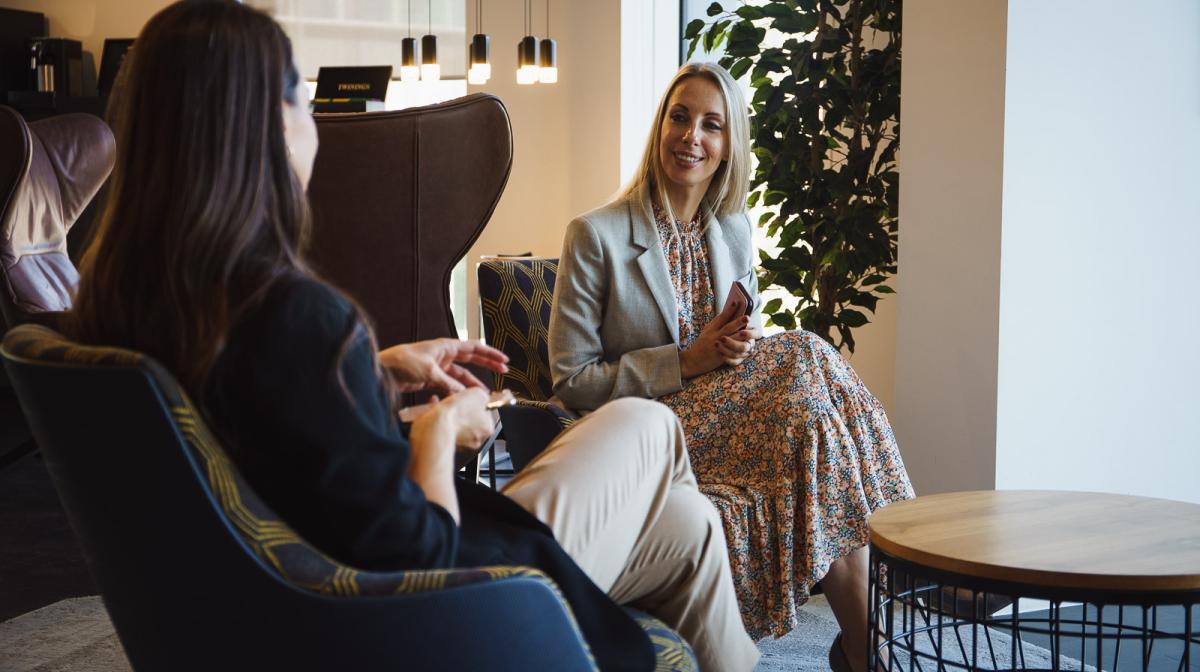Across the world, business leaders are set to spend $656 billion on planning for the future of work this year – a 17.4% increase from 2020. But how can we effectively plan when the future is still a little unpredictable?
In the latest episode of the Leadership at the Edge podcast, development strategist Keith Keating joins host John Mark Williams to discuss this topic. Interestingly, as we enter an increasingly virtual world, he stresses the need to prioritise the development of our human skills in any plans.
Keating is an advocate of ‘the strategy of design thinking’, which leverages empathy to create business solutions centred around human emotions. In short, it dictates that leaders must first listen to employees or customers before making decisions, as it allows them to set aside their assumptions and gather truer insights. There is evidence to show that real business changes can then be made, improving the lives of customers or employees and also contributing to a healthier bottom line.
Indeed, as digital innovation makes many tasks easier, or even redundant, humanity could in fact be what sets your business apart. In fact, Keating and Williams cite that reuniting colleagues and increasing a team’s social activity could play an important function in upskilling employees in human interaction and empathy after months of working in isolation.
Business leaders across the world are currently guiding employees through another transition, from remote to hybrid working. In this terrain, perhaps ‘the strategy of design thinking’ and in-person communication have never been more important. Of course, emerging technologies play an important, and almost unavoidable, role in business. But leaders that emphasise the emotional, as well as the technical, could gain strides on competitors; those without a focus on human skills could already be falling behind.




